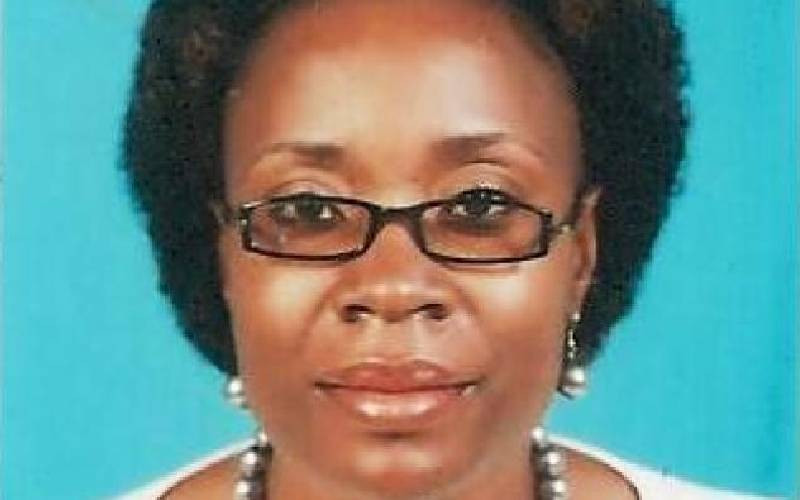
Since the description of the first case of autism 70 years ago, there has been exponential research over the years addressing a better understanding of Autism Spectrum Disorders (ASD).
While the cause remains poorly understood, current evidence indicates that multifactorial factors play a role, with environmental factors interacting with underpinning genetic factors.
Global data indicates a rising prevalence of ASD in the last decade, with recent data from the Centre for Disease Control (CDC) in the USA reporting a prevalence of 1 in 36 children under 8 in the USA. Though the local data on autism prevalence is unavailable, it is likely to be very similar. It is even scarier to think that more children are getting diagnosed with autism than with cancer, AIDS, and diabetes combined.
Public awareness is limited and there are a lot of myths and misinformation around ASD in our communities. Some have associated it with being possessed by evil spirits, curses, works of God, or witchcraft. These myths contribute to high stigma, leading to isolation and discrimination of those affected. In some cases, children on the autism spectrum have been beaten, hidden away, or even killed because it was thought that they were possessed by demons.
There is a need to educate the public on these disorders. The spectrum encompasses children with a wide variety of functioning and behaviours, who demonstrate varied cognitive functioning, with some demonstrating exceptional skills in limited areas such as music, math, and art.
Diagnostic capacity remains a big challenge in our settings. There is a need for capacity building of our health care providers, early childhood educators, and social workers, alongside community sensitisation to enable early diagnosis and linkage to early interventions.
To date, no cure for ASD has been found. However, early intervention therapies including occupational therapy, speech therapy, behavioural therapy, psychotherapy, pharmacotherapy and education supports have been found to offer the best hope of improving outcomes.
Unfortunately, recent years have also witnessed an explosion of all manner of purported ASD cures on social media, mainstream media, research bodies, and other forums by all manner of people. The challenge has been that most of these interventions are not evidence-based, and may be toxic or cause harm to the child. Some are very costly, and increase the burden on already scarce household resources without offering tangible results.
To mitigate this, the medical community must lead the charge in public information and autism awareness in ways that promote accurate representations of ASD in the real world and recommend accurate management methods to families. Such an approach will be invaluable in providing families with the tools they need to seek early detection and management assistance from health professionals.
Dr Florence Nafula Oringe is a Consultant Developmental Paediatrician at Gertrude's Childrens Hospital
 The Standard Group Plc is a multi-media organization with investments in media platforms spanning newspaper print
operations, television, radio broadcasting, digital and online services. The Standard Group is recognized as a
leading multi-media house in Kenya with a key influence in matters of national and international interest.
The Standard Group Plc is a multi-media organization with investments in media platforms spanning newspaper print
operations, television, radio broadcasting, digital and online services. The Standard Group is recognized as a
leading multi-media house in Kenya with a key influence in matters of national and international interest.




